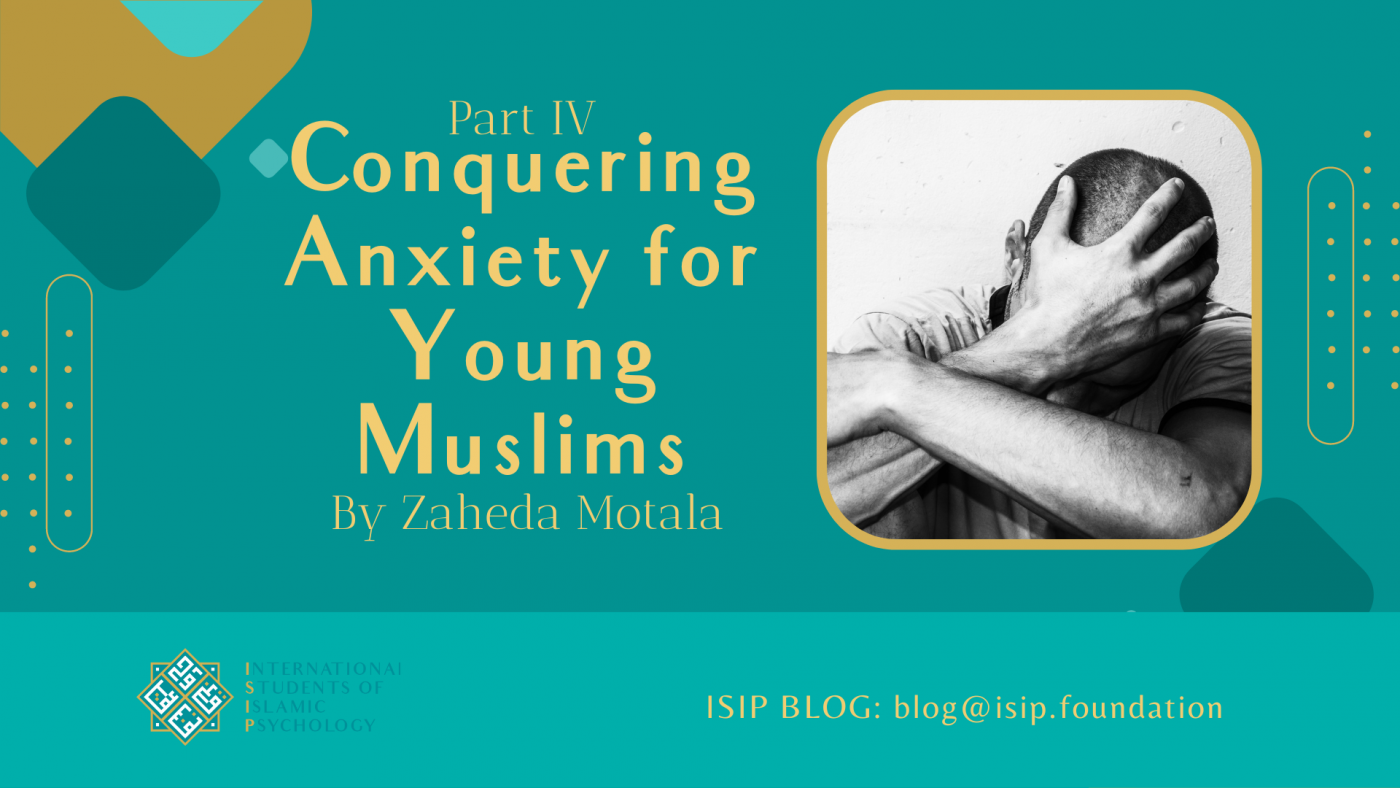
PART IV:
B. Social Media and Peer Pressure:
Research from the Journal of Adolescent Health underscores the relationship between excessive social media use and heightened anxiety levels in adolescents. Factors such as the fear of missing out (FOMO), cyberbullying, and the perpetuation of unrealistic standards contribute significantly to increased anxiety (Source: JAH, 2019).
Studies conducted by various social psychologists, including Dr. Jean Twenge, highlight the impact of social media on mental health. The continuous exposure to filtered realities and comparison-based interactions often leads to feelings of inadequacy and heightened anxiety among teens (iGen: Why Today’s Super-Connected Kids Are Growing Up Less Rebellious, More Tolerant, Less Happy – and Completely Unprepared for Adulthood, 2017).
C. Family Expectations:
The influence of family expectations on adolescent mental health is a complex yet significant trigger for anxiety. Findings from the Journal of Child and Family Studies underscore the challenges posed by conflicting familial expectations, societal pressures, and cultural norms, which intensify anxiety levels among teens (Source: JCFS, 2018).
Psychologists like Dr. Diana Baumrind have explored the impact of parenting styles on adolescent development. Authoritarian or overly controlling parenting styles often contribute to increased stress and anxiety among teenagers (The Influence of Parenting Style on Adolescent Competence and Substance Use, 1991).
Practical Steps to Ease Anxiety: An Islamic Perspective
- Seek Refuge in Prayer: When anxiety strikes, turn to prayer. Offer Salah (prayer) regularly, and during tough times, engage in dua (supplication) asking for strength and guidance. It’s a way to find peace in connecting with Allah.
- Practice Dhikr: Engage in remembrance of Allah (dhikr). Recite phrases like “SubhanAllah” (Glory be to Allah), “Alhamdulillah” (All praise is due to Allah), and “La ilaha illallah” (There is no deity but Allah). These bring tranquility to the heart.
- Reflect on Quranic Verses: Read and reflect on verses that bring solace. Verses like, “Verily, with hardship comes ease” (Quran 94:6) serve as a reminder that tough times are temporary.
- Trust in Allah (Tawakkul): Practice reliance on Allah’s plan. Understand that everything happens for a reason, and trust that Allah’s plan is best. The Prophet ﷺ ‘s Hadith about birds relying on Allah for sustenance is a powerful analogy (Tirmidhi).
- Mindfulness Through Prayer: Use your prayers as a form of mindfulness. Focus on each movement and word while praying. It’s a moment of calm and connection.
- Seek Support from Islamic Resources: Explore Islamic literature or listen to lectures addressing anxiety from an Islamic perspective. Understanding how faith intersects with mental health can provide guidance.
- Make Dua for Patience and Strength: The Prophet Muhammad ﷺ sought refuge in patience and prayer during challenging times. Use dua to ask for patience and strength (Surah Baqarah, Ayah 45).
- Help Others: Acts of kindness and helping others can ease your worries. The Prophet Muhammad ﷺ said, “The best among you are those who bring the most benefit to others.”
- Healthy Habits: Follow the Sunnah regarding health. Eat moderately and healthily, exercise, and maintain a routine. A healthy body contributes to a healthy mind.
